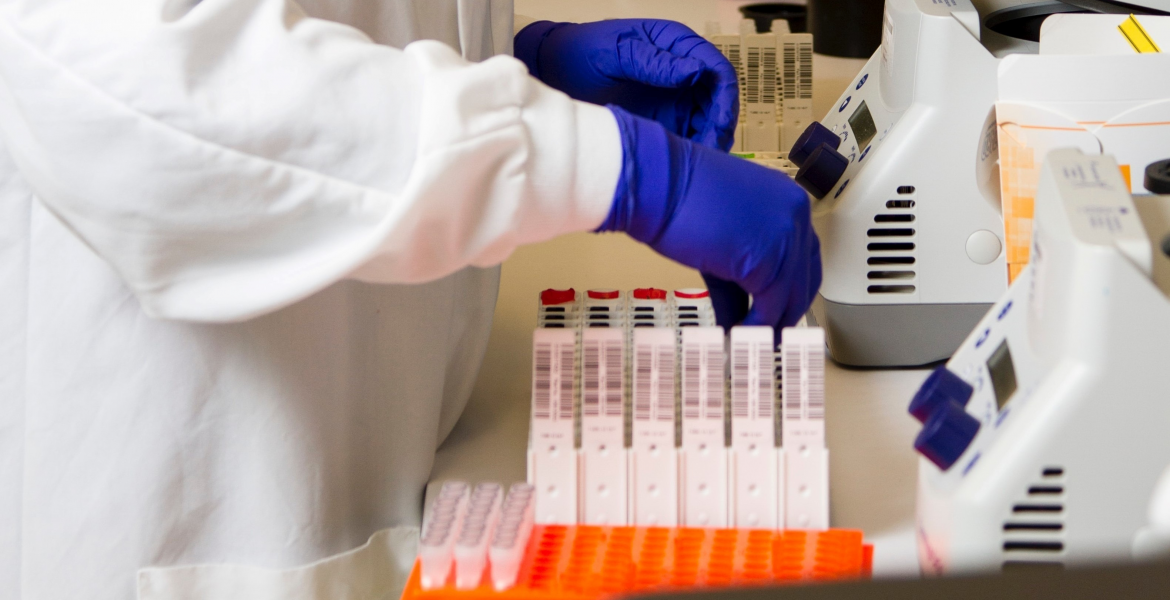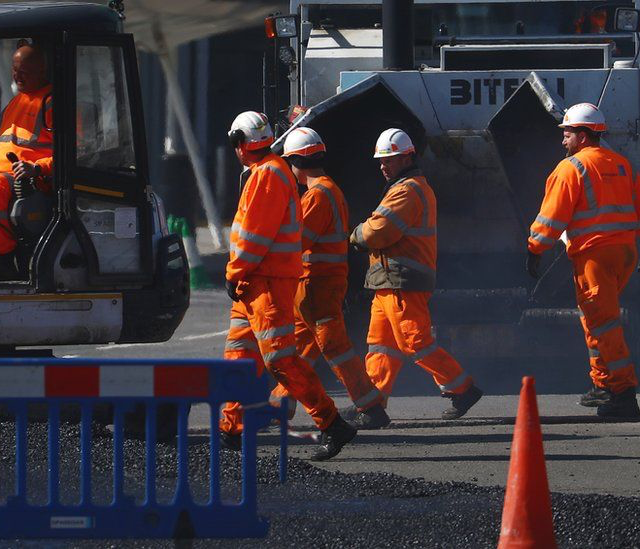The Innovative Medicines Initiative has provisionally selected 8 projects for funding from its fast-track Call for proposals on coronavirus diagnostics and treatments. In addition, it has boosted the IMI funding pot from EUR 45 million to EUR 72 million. On top of this, EFPIA companies, IMI Associated Partners and other organisations will contribute over EUR 45 million to the projects.
In total, IMI received 144 proposals in response to the Call, of which 120 met the basic eligibility criteria for IMI support. All eligible proposals were evaluated by independent experts, and due to the large number of high quality proposals, IMI decided to increase the IMI funding allocated to this Call.

Of the eight projects, five focus on diagnostics and three on treatments. The diagnostics projects hope to develop devices that can be used anywhere (including a doctor’s surgery or patient’s home) and will deliver results fast (ranging from 14 to 40 minutes). While the treatment projects focus primarily on the current COVID-19 outbreak, they also include efforts to prepare for future coronavirus outbreaks. The projects form part of the European Commission’s wider response to the coronavirus outbreak.
Pierre Meulien, IMI Executive Director commented: “The success of IMI’s Call for proposals shows that as a public-private partnership, we are well placed to rapidly mobilise top people from diverse organisations to tackle emerging threats to public health. I am confident that these new projects will make valuable contributions to the wider global effort to tackle the current and future outbreaks.”

Mariya Gabriel, Commissioner for Innovation, Research, Culture, Education and Youth, said: “We need to bring together the expertise and resources of the public and the private sector in order to defeat this pandemic and prepare for any future outbreaks. With this funding from Horizon 2020 and our industry and other partners, we are speeding up the development of coronavirus diagnostics and treatments, essential tools that we need to tackle the global emergency.”
In total, the projects include 94 organisations, including universities, research organisations, companies, and public bodies. Small and medium-sized enterprises (SMEs) are particularly well represented in the successful proposals, accounting for over 20 % of the participants and 17 % of the budget.
Eight projects have been selected for funding, pending successful finalisation of the Grant Agreement with IMI. Basic information on the projects can be found in the attachment and online. As these projects have not yet signed Grant Agreements, this information is subject to change. Final, more detailed information on the projects will be published after Grant Agreement signature.




